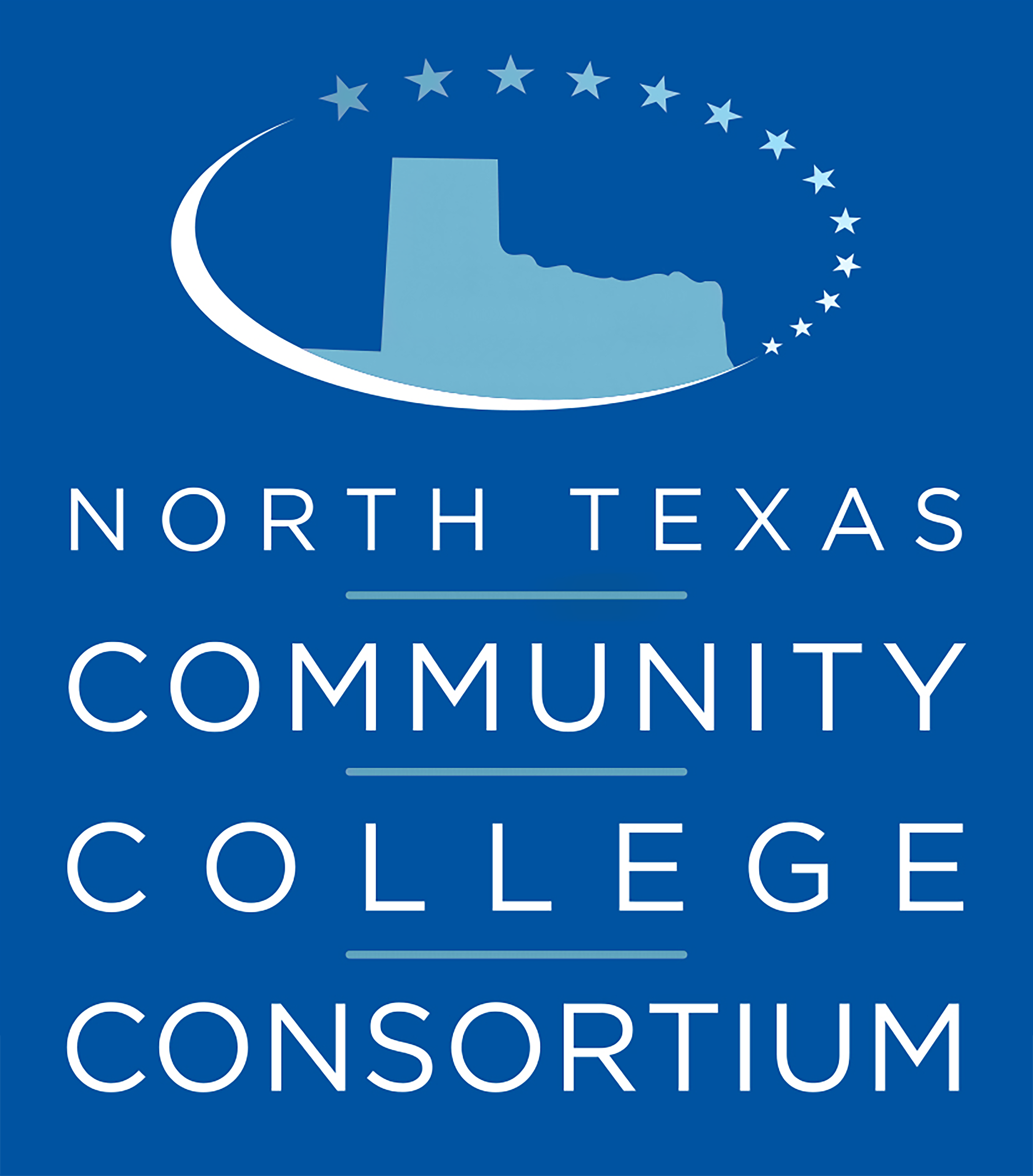Presented at: 2018 CCHA Southwestern Division Conference
Breakout Session 4: Why We Still Matter in a Tech-Saturated World--The Differences Humanities Courses and Degrees Make
Session Description
This topic will consider if students who take courses in the humanities or receive liberal arts degrees can make unique and meaningful contributions to businesses and tech companies. Participants are invited to reflect upon the popular notion that studying the humanities and receiving liberal arts degrees are irrelevant in a society that requires workers for its business and tech sectors and that frequently views technology as the solution to all problems. Participants could also examine whether thinking about courses and degrees in terms of their practicality for employment is necessarily a good idea. Some questions to consider: What is the history behind the United States’ higher educational system, in which the humanities are considered foundational? Should we dispense with this model in order to graduate students more quickly in their chosen majors? What exactly do people with humanities’ degrees end up doing in “the real world?” What does knowledge of the humanities add to major tech companies such as Facebook, Amazon, Apple, and Google? What is divergent thinking? Why might we need mental “explorers?” How do the humanities foster creativity and critical thinking in the business world? Do we need humanists to remind us of the unintended consequences that can occur if a new technology is embraced? Is the division between STEM and the liberal arts over-stated? What other valuable skills for the "real world" do students learn from the humanities (for example, enhancing their relationships, dealing with suffering, contributing to society as citizens and volunteers, finding joy and meaning in life)? Participants are encouraged to use this session to help them create panels/presentations for the next CCHA conference.
